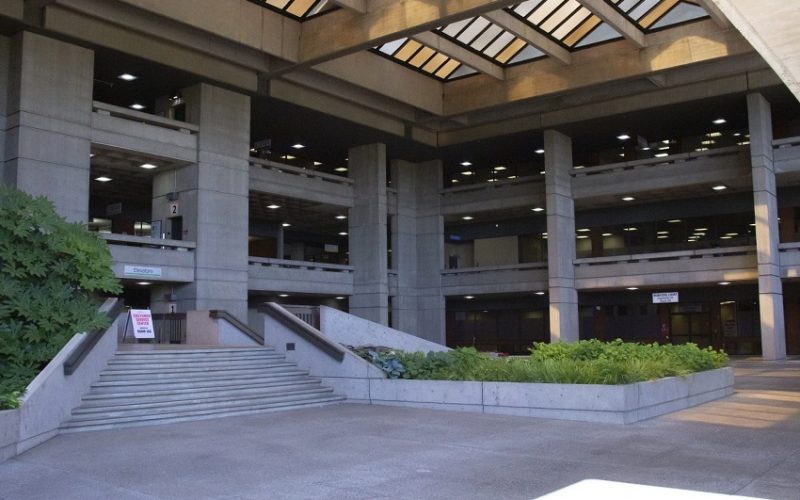Salem, OR — In a significant move to streamline its leadership and reduce expenditures, the City of Salem has announced plans to eliminate the position of Deputy City Manager following the departure of Scott Archer next week. This decision is part of a broader strategy to curtail spending, including reducing travel and other non-essential expenditures.
Archer, who has held the position for several years, will step down as Deputy City Manager next week, marking the end of his tenure with the city. In light of his departure, city officials have determined that the Deputy City Manager position will not be filled, signaling a shift in the structure of city administration.
The move comes as part of an ongoing effort to prioritize fiscal responsibility within local government. By cutting the Deputy City Manager role, the city aims to redirect resources more efficiently and reduce administrative costs, especially in light of increasing budgetary pressures. The elimination of the position is expected to have minimal impact on day-to-day operations, as current city leadership works to redistribute responsibilities among remaining staff.
In addition to the elimination of the Deputy City Manager position, city leaders have also imposed restrictions on travel and other discretionary spending. These measures are part of an overarching effort to balance the city’s budget and ensure that public funds are used effectively.
While the changes are being made to address financial concerns, they also reflect broader trends in local government management. Many cities across the country have taken similar steps in response to budgetary constraints, aiming to increase operational efficiency without sacrificing essential services.
The City of Salem has not yet commented on whether any further administrative positions will be affected by these changes, but officials have expressed confidence that the current leadership team can maintain the city’s services and programs without disruption.
As the city navigates these changes, residents will be watching closely to see how these decisions impact the delivery of services and the long-term direction of Salem’s local government.











